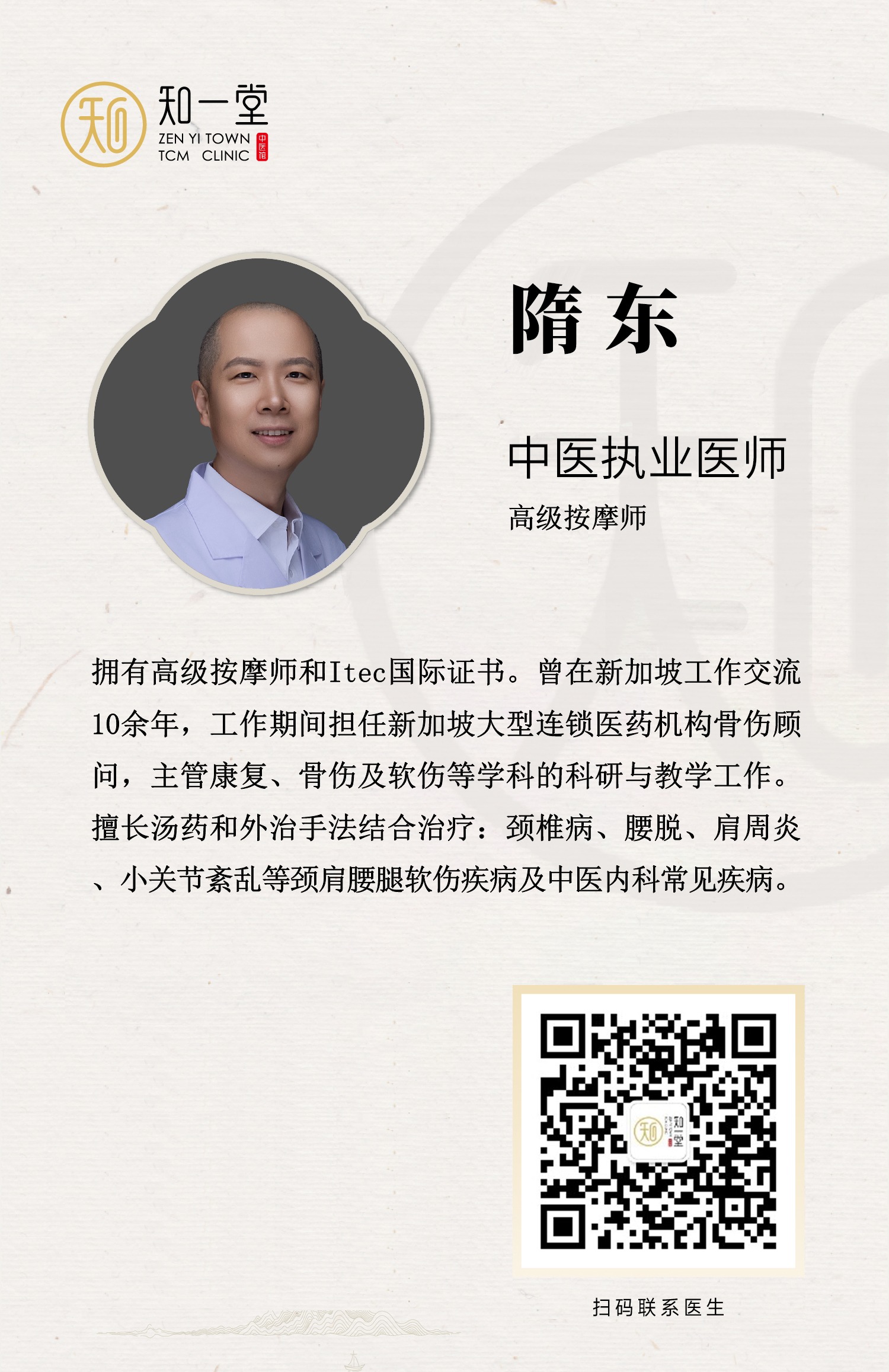Blood lipids are the general term for lipid substances in the blood, including cholesterol (total choleste
rol, low-density lipoprotein cholesterol LDL-C, high-density lipoprotein cholesterol HDL-C), triglyceride
s (TG), phospholipids, free fatty acids, etc.
What are the hazards of abnormal blood lipids?
1. Atherosclerosis: LDL-C ("bad cholesterol") deposits blood vessel wall and forms plaque.
2. Cardiovascular and cerebrovascular diseases: The risk of coronary heart disease, cerebral infarction, a
nd hypertension is significantly increased.
3. Pancreatitis: Elevated triglycerides (>5.6 mmol/L) can induce acute pancreatitis.
What are the common causes of abnormal blood lipids?
1. Improper diet: such as long-term consumption of high-fat, high sugar, high calorie foods, excessive
alcohol consumption, etc.
2. Metabolic disorders: such as obesity, insulin resistance, hypothyroidism, etc.
3. Genetic factors: such as familial hypercholesterolemia and other reasons.
Dyslipidemia is known as a silent killer, often with insidious onset that most people rarely pay attention
to. By the time symptoms appear, it is too late. Therefore, early detection and prevention of the problem
to prevent the body from developing into a serious condition are the issues that we need to pay atten
tion to.
According to traditional Chinese medicine, blood lipid abnormalities are often classified under categori
es such as "phlegm turbidity", "blood stasis", "dampness obstruction", and "ointment fat".
Traditional Chinese medicine believes that abnormal blood lipids are related to dysfunction of the body
's organs, especially the spleen, liver, and kidneys, as well as the endogenous production of phlegm dam
pness and blood stasis.
Therefore, adjusting the state of the human body and restoring the balance of yin and yang can fundam
entally solve the problem of abnormal blood lipids.
Traditional Chinese medicine emphasizes syndrome differentiation and treatment, with each person ha
ving their own prescription. Based on the individual's constitution, the appropriate prescription is chos
en. For example, if the body is flat and weak, the head is heavy and the chest is stuffy, the tongue coati
ng is thick and greasy, and the stool is sticky, the main focus should be on dispelling dampness and ph
legm, strengthening the spleen and regulating qi. For those who often feel chest tightness and pain, d
ull complexion, purple or dark tongue, or have bruising, it is necessary to focus on promoting qi circul
ation, removing blood stasis and relieving pain. Different syndrome types correspond to different treat
ment methods.
Of course, in addition to medication therapy, we can also control abnormal blood lipids by changing o
ur lifestyle, such as controlling diet, avoiding greasy food, and increasing exercise appropriately, such a
s jogging, playing sports, or practicing Tai Chi.
In short, abnormalities in blood lipids require sufficient attention. Suggestion: For people over 40 years
old: check their blood lipids annually. High risk groups, such as obesity, diabetes, hypertension, smokers
or those with family history, should be reexamined every 3-6 months.
